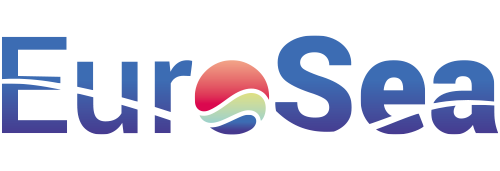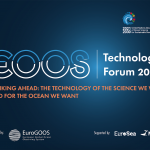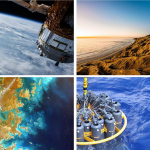New paper was published in the Frontiers in Marine Science journal based on the work in EuroSea Work Package 3 on Network Integration and Improvement. An international team led by the Balearic Islands Coastal Observing and Forecasting System (SOCIB) addressed the need for better integration and collaboration at all levels of oceanography to ensure an optimal and efficient response to science and societal needs.
In the paper, the co-authors team from 35 institutes in Europe, North America, and Australia, with SOCIB’s postdoctoral researcher Adèle Révelard as first author, advocate for transformative scientific, cultural, organisational, and management changes. After analysing the barriers that currently prevent integration within the occidental ocean observing systems, the authors have suggested several approaches for breaking down the organisational silos and promoting better coordination and sharing. These recommendations include:
- Redefinition of scientific excellence,
- Establishment of a common agenda and principles,
- Redesign of ocean governance at various levels,
- Elaboration of sustainable funding mechanisms,
- Connecting the diverse communities,
- Establishing clear design and implementation plans,
- Facilitating the transition from research to integrated sustained operations,
- Coordinating data management and delivery, and
- Efficiently communicating the value of ocean observing.
Reference of the paper: Révelard A, Tintoré J, Verron J, Bahurel P, Barth JA, Belbéoch M, Benveniste J, Bonnefond P, Chassignet EP, Cravatte S, Davidson F, deYoung B, Heupel M, Heslop E, Hörstmann C, Karstensen J, Le Traon PY, Marques M, McLean C, Medina R, Paluszkiewicz T, Pascual A, Pearlman J, Petihakis G, Pinardi N, Pouliquen S, Rayner R, Shepherd I, Sprintall J, Tanhua T, Testor P, Seppälä J, Siddorn J, Thomsen S, Valdés L, Visbeck M, Waite AM, Werner F, Wilkin J and Williams B. (2022). Ocean Integration: The Needs and Challenges of Effective Coordination Within the Ocean Observing System. Front. Mar. Sci. 8:737671. https://doi.org/10.3389/fmars.2021.737671


